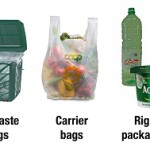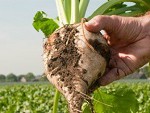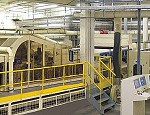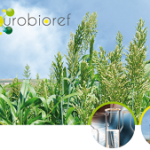Fibres of the future 2: cellulosic fibres from wood
Wood contains cellulosic fibres, embedded in lignin and hemicellulose. Pure cellulose can be processed to a quality from which yarns can be spun. The most well-known of these products is viscose. The viscose process however involves the toxic and highly … Read more








